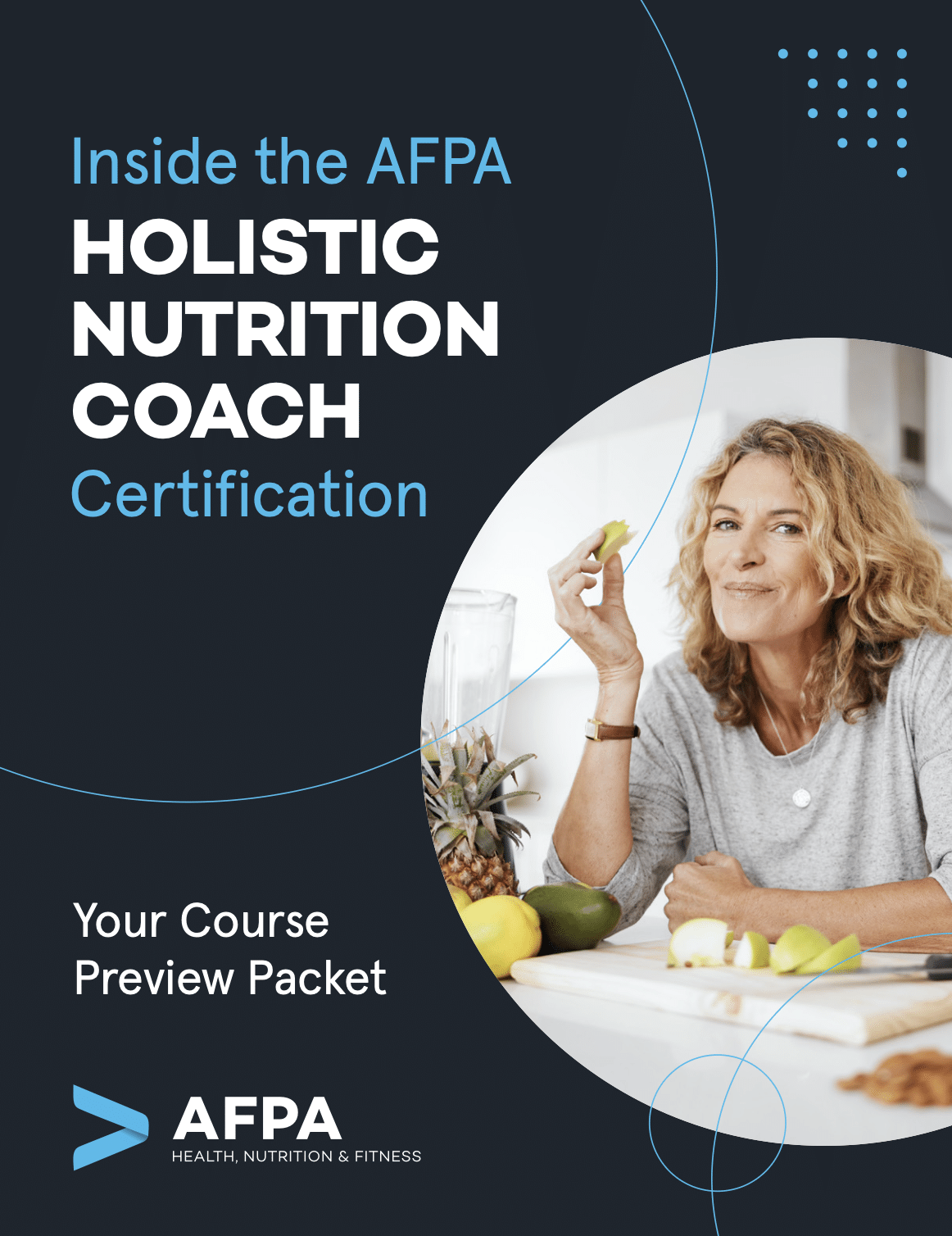If nutrition is your passion, it makes sense that you’d want to turn it into a profession—either as a full-time career or a part-time pursuit. But there isn’t one distinct path to earning the necessary education. Instead, you have several options to consider in terms of education, and what you choose will be based on factors like schedule flexibility, affordability, preferred focus areas, and timeframe.
There are three main routes when it comes to earning a nutritionist title, and there are benefits and drawbacks to each one. Here’s what you should keep in mind to make sure you’re choosing the right path for you:
College Degree
Some universities offer a Bachelor of Science in nutrition and/or dietetics. Like most undergraduate degree programs, this usually involves four years of higher education, living on- or off-campus, and going to classes at least a few times per week.
After a bachelor’s degree, some nutrition professionals decide to expand their education by completing a master’s or doctorate degree, but this isn’t necessary to work as a nutrition professional. Those advanced degrees are usually undertaken to pursue a teaching or research position.
The advantages of earning a college degree are more potential opportunities in the field—for example, some hospital systems require a B.S. in nutrition to work with patients—and you can also tap into alumni resources like career counselors.
In terms of drawbacks, the major ones are usually cost and time. Taking four years off from full-time work may be reasonable when planning for a lifelong profession, but if you already have a job or a family, it can be outside the realm of possibility. Also, you pay standard college tuition fees, which can range from $15,000 to $60,000 per year, depending on what college you attend.
Online College Degree
A more flexible option for many, an online degree gives you the same amount of education as an in-class program and can sometimes be done within a shorter timeframe. Some online colleges give you academic credit for work experience, which can lower the overall tuition cost and time investment.
The advantages here are better scheduling, potentially faster degree completion, and often greater affordability. But like other degree programs, you may also have to take non-nutrition classes to satisfy a foundational education standard.
If you’re interested in foundational classes—such as writing, critical thinking, literature, and others—this may be a prime opportunity to round out your education. But if you simply want to be a nutritionist and get to that title as quickly and affordably as possible, you should take a closer look at the next option.
Certification
Geared toward a career of helping clients achieve nutrition goals, a certification program focuses on both nutrition basics and the complexities that can come up in the field. Some programs offer a specialized approach, such as education that focuses on weight management or sports nutrition. There are some in-person programs, but many people choose to do their education through distance learning.

Take a Peek Inside AFPA’s Holistic Nutrition Coach Certification
Curious what it’s really like to study holistic nutrition at a professional level? Get the free course preview and see the actual learning modules, frameworks, and real-world coaching applications that prepare AFPA graduates for success.
The main benefit is that some programs can be done at your own pace—giving you the opportunity to learn in the way that works best for you—and even then, the timeframe is likely to be much shorter than a degree program. Also, these certification programs are a fraction of the cost of a degree and offer course modules that relate only to nutrition or business principles. With a certification, the investment is a lot less with respect to time and money, which is particularly beneficial if you are not certain of your career path.
You can also specialize. For example, you might choose to focus on sports nutrition from the start. In that type of program, you don’t have to go through multiple levels of education before reaching your specialization—you can tailor your whole education around that central interest.
Or you can pursue a particularly in-depth program with something like the Master Level Nutrition Certification, which combines four nutrition certification programs, giving you an extensive base of knowledge.
Whatever route you choose, it’s good to know the basics like how much a program or certification will cost, what the anticipated end date will be, and how you can use that knowledge in a nutrition career.
To learn more about AFPA’s certification programs, visit our program site. You can also download the Master Level Nutritionist Program Guide for more insights.

Take a Peek Inside AFPA’s Holistic Nutrition Coach Certification
Curious what it’s really like to study holistic nutrition at a professional level? Get the free course preview and see the actual learning modules, frameworks, and real-world coaching applications that prepare AFPA graduates for success.



